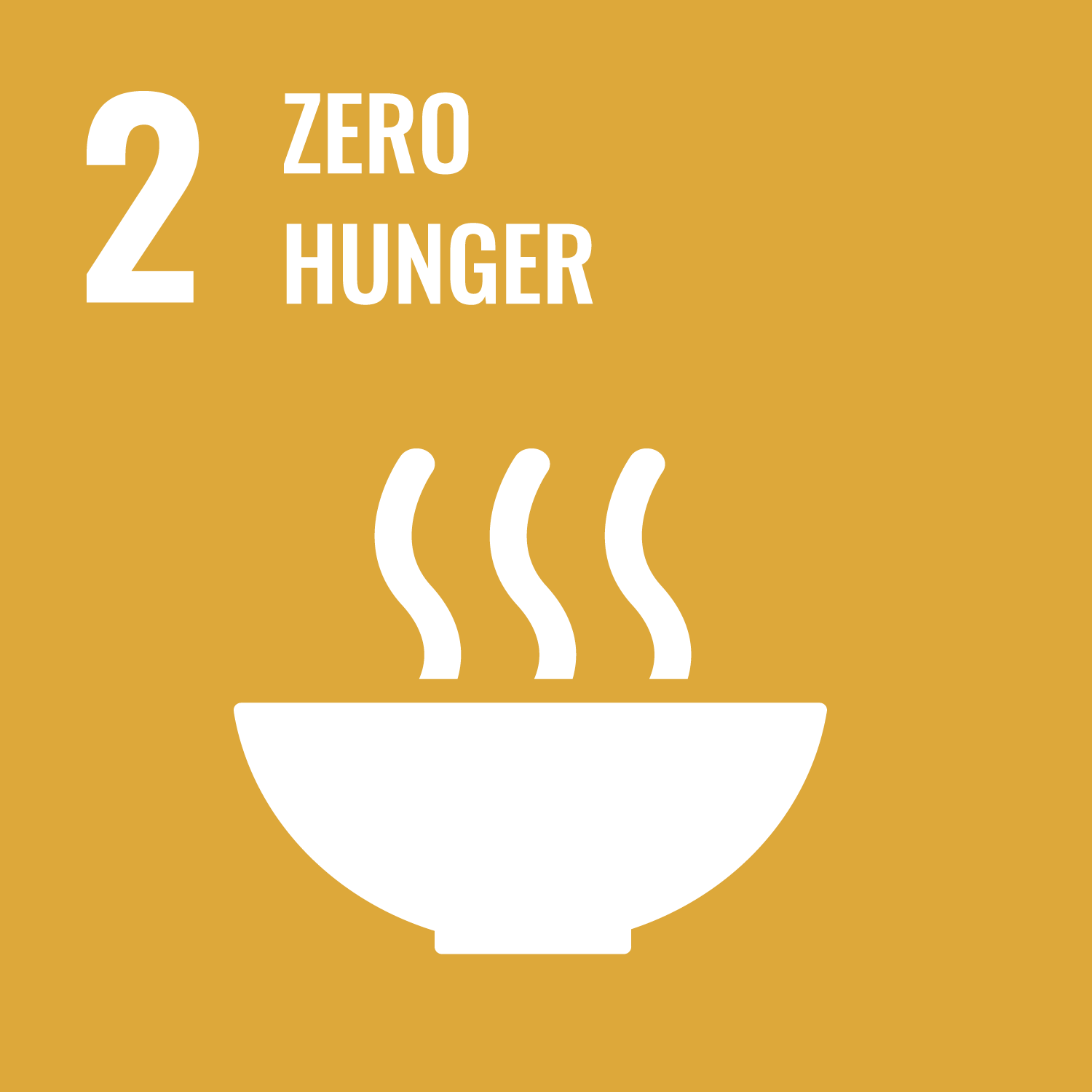University access to local farmers and food producers. Provide access to university facilities (e.g. labs, technology, plant stocks) to local farmers and food producers to improve sustainable farming practices.
UniSC actively supports local farmers and food producers by providing free access to its state-of-the-art facilities and expertise. One of our key researchers, Professor Steven Underhill, specializes in subtropical and tropical postharvest horticulture systems. His work focuses on improving postharvest handling and quality management systems for smallholder farmers. By collaborating with these farmers, Professor Underhill helps them adopt better practices that reduce waste and enhance the quality of their produce, ultimately leading to more sustainable farming operations.
UniSC’s commitment to sustainability is further highlighted by its values that include supporting local communities and promoting sustainable practices. The university’s efforts include providing educational resources, conducting research on sustainable agriculture, and facilitating community engagement activities. These initiatives not only benefit local farmers but also contribute to the broader goal of creating a more sustainable and resilient food system.
The facilities at UniSC’s Sunshine Coast campus play a crucial role in these efforts. The campus is equipped with advanced laboratories and specialized equipment that can be utilized for research and development in sustainable farming practices. For instance, local farmers can access these labs to test soil health, study plant genetics, and develop new farming techniques that are both environmentally friendly and economically viable. By leveraging these resources, farmers can improve their productivity and sustainability, ensuring a steady supply of high-quality produce for the community.
In addition to providing access to physical facilities, UniSC fosters a collaborative environment where farmers, researchers, and students can work together on innovative projects. This collaborative approach not only enhances the practical knowledge of sustainable farming but also encourages the exchange of ideas and best practices. Through workshops, seminars, and hands-on training sessions, UniSC helps local farmers stay updated with the latest advancements in agricultural technology and sustainability. This holistic support system empowers farmers to adopt more sustainable practices, ultimately benefiting the entire community.
Summary
UniSC actively supports local farmers and food producers by providing free access to its state-of-the-art facilities and expertise to improve sustainable farming practices.

